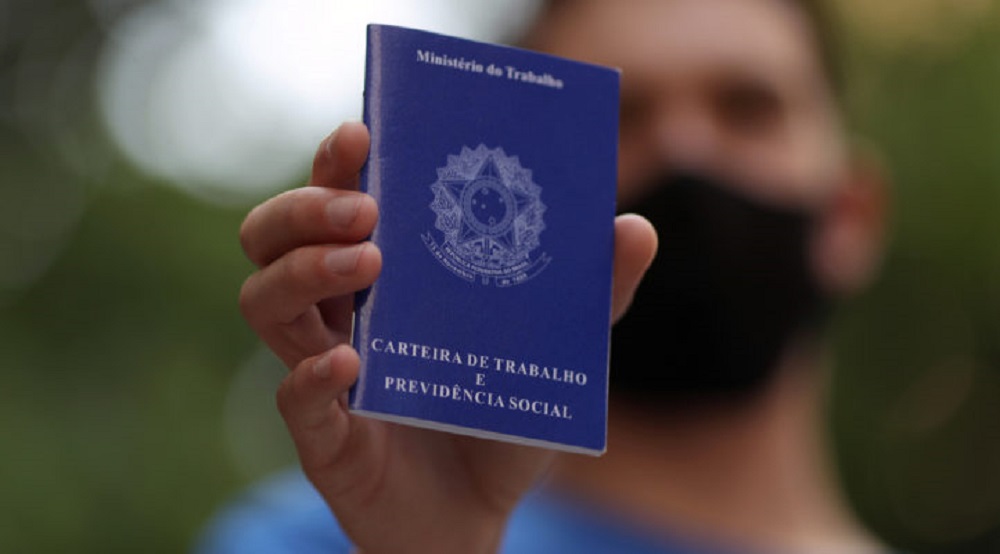RIO DE JANEIRO, BRAZIL – The labor market absorbed over 3 million formal and informal workers in the quarter ended in October, thereby lowering the unemployment rate to 12.1% from 13.7% in the quarter through July.
The average wage for employed workers fell 4.6% in just one quarter, down R$117 (US$21) in comparison to the figure earned in the quarter ended in July. Compared to the quarter ended in October last year, the average wage shrank 11.1% (R$307 less), to a historical low of R$2,449 per month.

In other words, there are more people employed, but salaries are increasingly lower, due to both the competition for jobs and the high inflation affecting the purchasing power of Brazilians who have some kind of remuneration.
“People are working more, there are more jobs in the economy, but wages are dropping,” said IBGE’s Labor and Income coordinator Adriana Beringuy. “We have a significant growth in occupation that is not followed by a growth in salary.”
The drop from 13.7% to 12.1% in the unemployment rate in the mobile quarter through October reflects an occupied population (94.0 million) close to the pre-pandemic period (94.7 million), and should exceed this level in the next survey, Adriana says.
Nevertheless, Brazil still had 12.906 million unemployed in the quarter ended in October. If all the underutilized labor is taken into account, 29.906 million Brazilians were out of work.
According to LCA Consultants economist Bruno Imaizumi, the reduction in unemployment is driven by more precarious jobs and, consequently, lower wages. “The problem is that this resumption of occupation is not followed by a resumption in wages,” Imaizumi said. “We are in a difficult situation because we are witnessing a stagnation of income. We no longer have emergency aid, and Auxílio Brasil (Brazil Aid) is not widespread.”
INFORMALITY
Brazil recorded a 40.7% informality rate in the labor market in the quarter through October, with 38.211 million working without a signed work card. In a quarter, this figure increased by 1.782 million people. “Some 54% of the growth in employment (in the quarter through October) came from informality,” Adriana said.
Original Bank chief economist Marco Caruso expects unemployment to continue to drop and to close 2022 at around 10.5%. He projects that the job creation trend within a lower income bracket, seen in 2021, will continue next year.
“The positive aspect is that we will begin to see a decompression of inflation so that real income may improve somewhat,” Caruso said.

